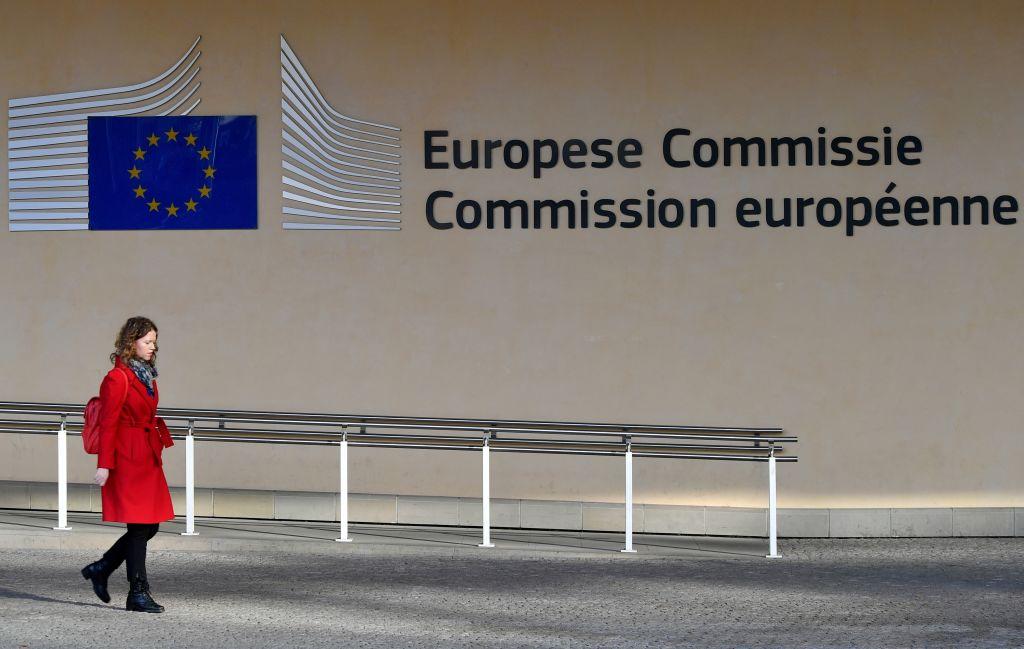The European Commission did not hold back in its criticism of China in its latest report, calling Beijing a “systemic rival.”
The executive arm of the European Union called China a state that promotes “alternative models of governance” in a report on EU-China relations published on March 12. With such an assertion, the EU inches closer to Washington’s stance, as U.S. President Donald Trump’s national security strategy has defined Beijing as a “strategic rival.”




